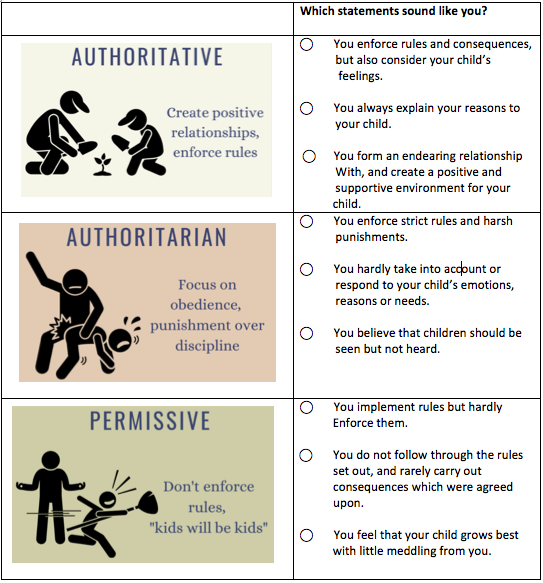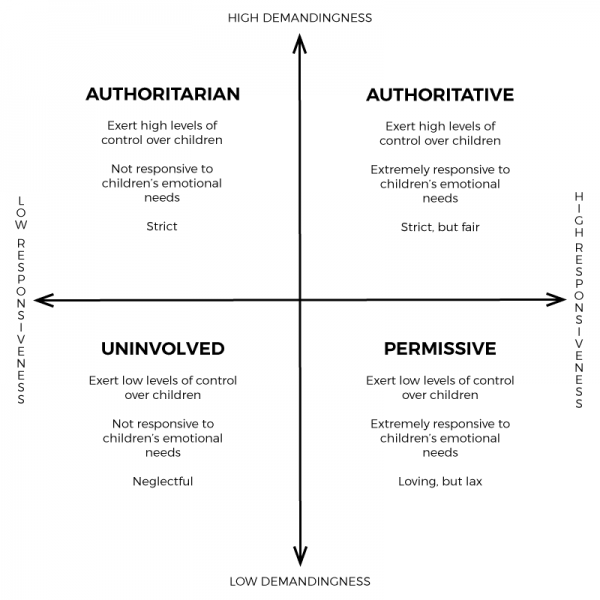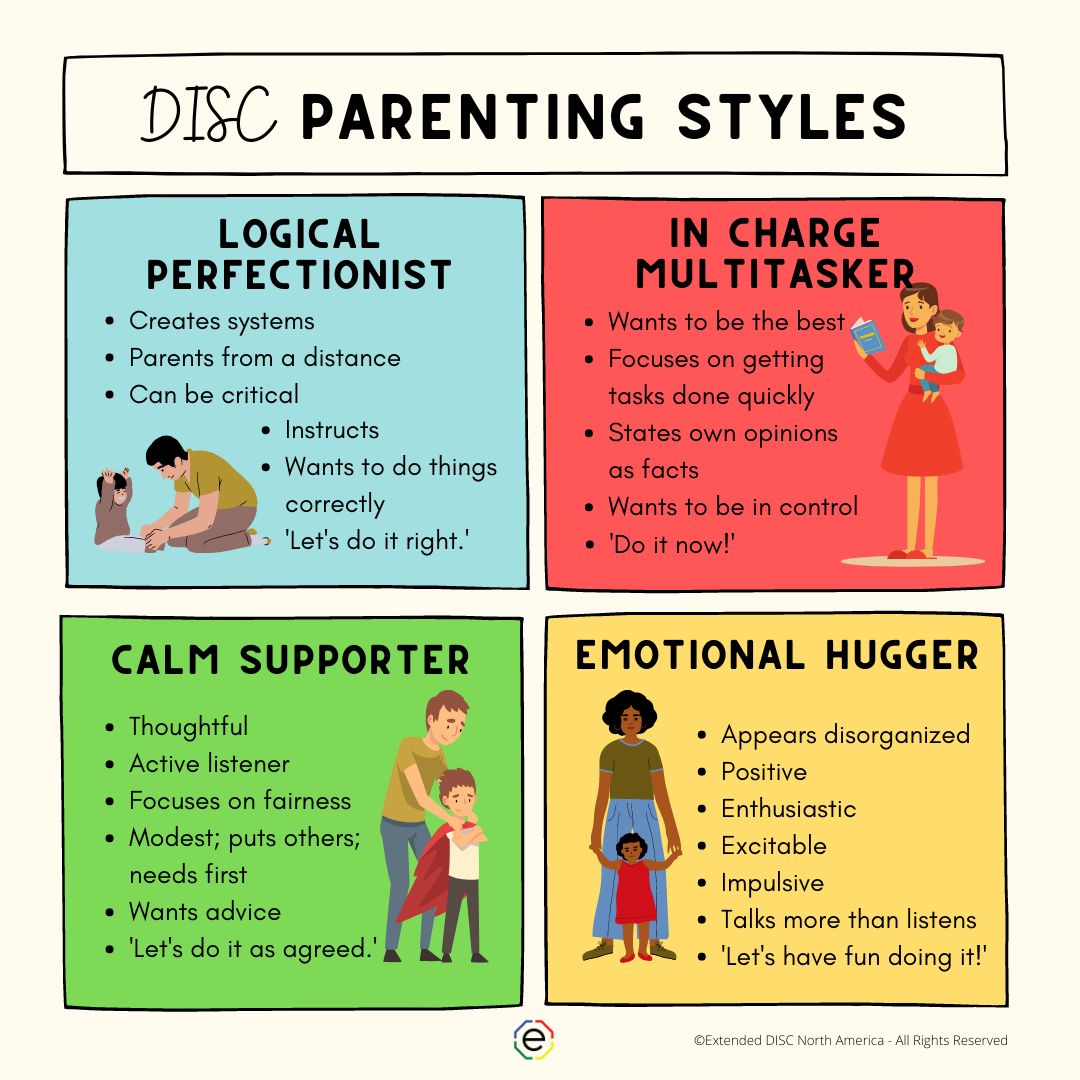Are you a parent of a child with autism? If so, you’re not alone, and there’s a wealth of information and support available to help you navigate this unique parenting journey. In this comprehensive guide, we’ll explore 10 essential things every parent of a child with autism should know. From understanding the autism spectrum and its various manifestations to mastering effective communication strategies and fostering social skills, we’re here to empower you with the knowledge and resources you need to champion your child’s growth and development. So, let’s dive in and uncover the top insights that will make a world of difference in your family’s autism journey.
Essential Early Intervention Strategies for Children with Autism

Early intervention strategies are crucial for children with autism, as they can significantly improve their developmental outcomes and help them reach their full potential. These strategies are designed to address the unique needs and challenges faced by children with autism, such as social, communication, and cognitive skills. Parents should be aware of evidence-based approaches like Applied Behavior Analysis (ABA), Speech and Language Therapy, and Occupational Therapy, which have proven effective in supporting children with autism. By implementing these strategies and working closely with professionals, parents can foster a supportive and nurturing environment that enables their child to thrive. Remember, the earlier the intervention, the better the results, so don’t hesitate to seek help and guidance for your child’s development.
Navigating the Complex World of Autism Therapies and Treatments

Navigating the complex world of autism therapies and treatments can be overwhelming for parents with a newly diagnosed child. It is crucial to understand that each child with autism is unique, and what works for one may not work for another. Research and explore various evidence-based interventions such as Applied Behavior Analysis (ABA), speech and language therapy, occupational therapy, and social skills training to determine the best fit for your child. Reach out to autism support groups, medical professionals, and other parents to gain insight and recommendations. Remember, early intervention is essential in maximizing your child’s potential, so be proactive and stay informed about the latest developments in autism therapies.
Fostering Social Skills Development in Children with Autism

Fostering Social Skills Development in Children with Autism is crucial for their overall growth and well-being. Early intervention and consistent practice can significantly improve your child’s ability to communicate and interact with others. Engage them in various social activities, such as playdates, group therapy sessions, and extracurricular activities, to help them learn essential social cues and build meaningful relationships. Additionally, using visual aids, role-playing, and social stories can greatly enhance their understanding of social situations. As a parent, it’s essential to be patient, supportive, and proactive in nurturing your child’s social skills to ensure their successful integration into society.
Addressing Sensory Sensitivities and Creating a Supportive Environment
Addressing sensory sensitivities is crucial for parents of children with autism, as these children often experience heightened sensitivity to sounds, textures, and other stimuli. By understanding your child’s unique sensory needs, you can create a supportive environment that promotes comfort and reduces stress. This may involve using noise-canceling headphones, providing fidget toys, or creating a designated calming space within your home. Encourage open communication with your child to identify their specific triggers and preferences. Additionally, educating family members, friends, and educators about your child’s sensory sensitivities will foster a more inclusive and understanding network of support.
The Importance of Self-Care and Building a Support Network for Autism Parents

As an autism parent, prioritizing self-care and building a strong support network is essential for your well-being. Managing the unique challenges of raising a child with autism can be overwhelming, making it crucial to prioritize your physical, emotional, and mental health. Engage in activities that rejuvenate you, and don’t hesitate to seek professional help if needed. Surround yourself with people who understand your family’s needs and can offer guidance, encouragement, and practical assistance. Online forums, local support groups, and autism advocacy organizations can be invaluable resources to connect with other parents and professionals experienced in autism care. Remember, taking care of yourself is vital for being the best parent possible for your child.




